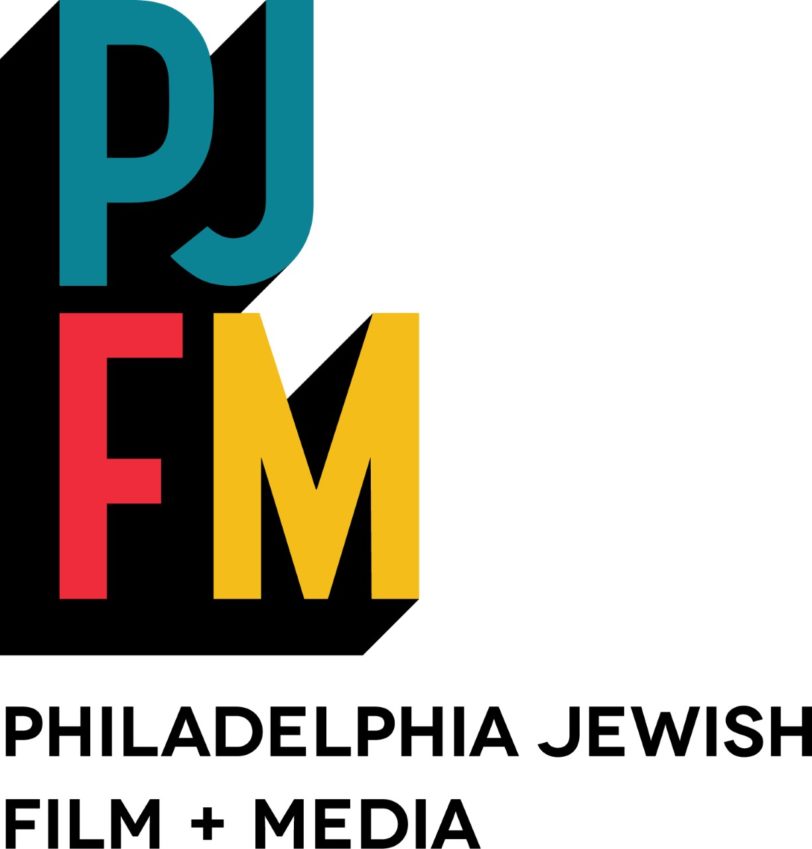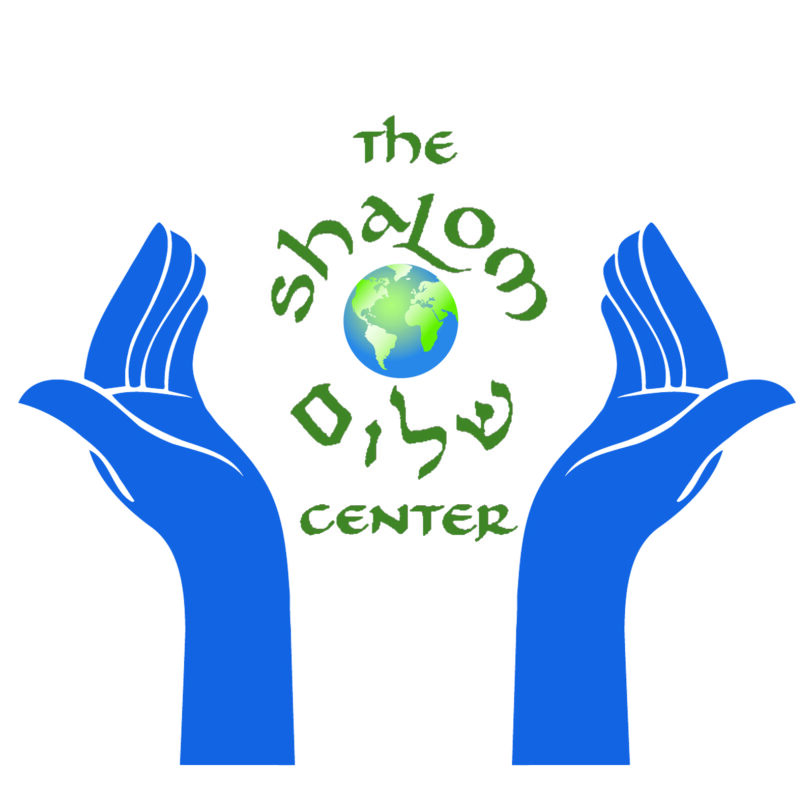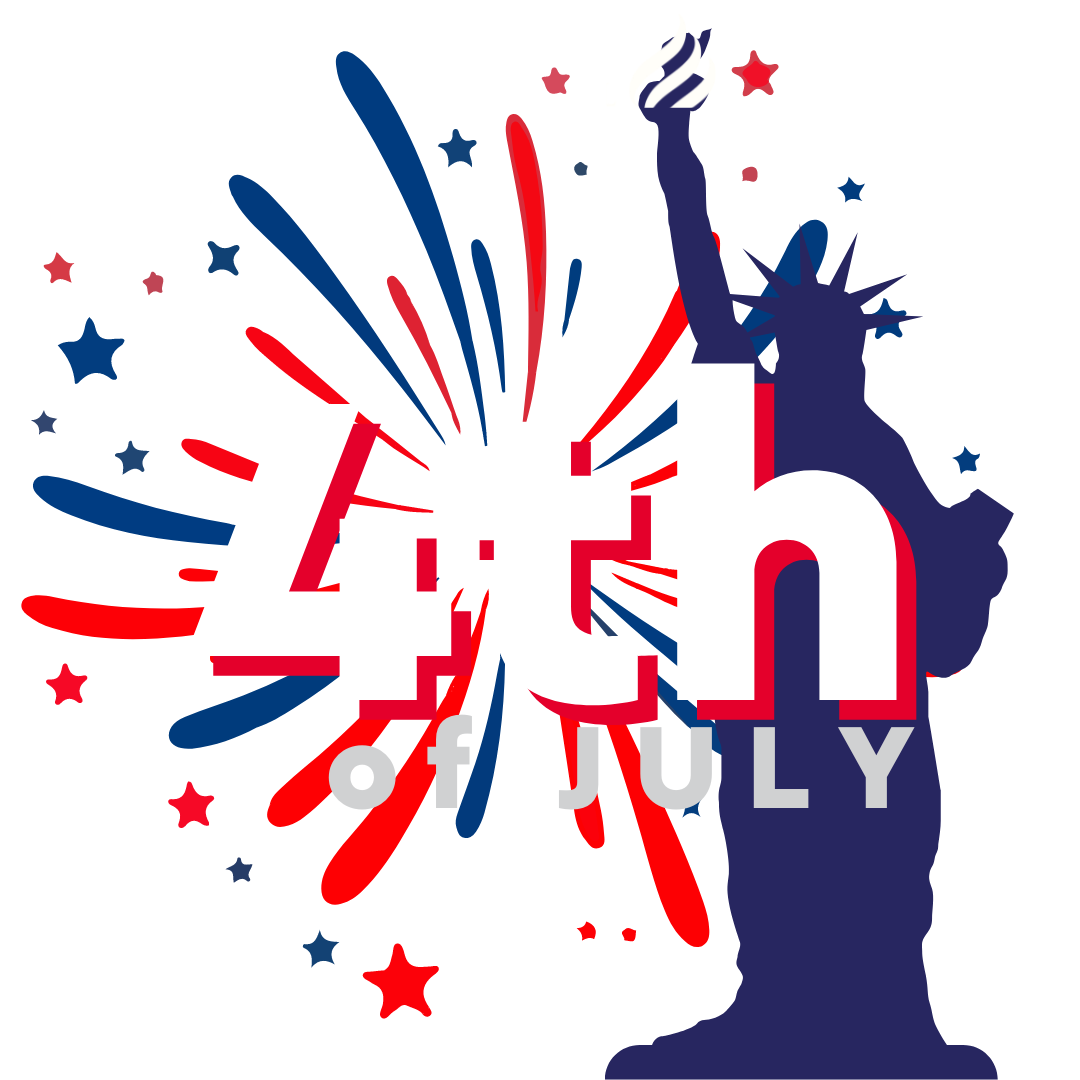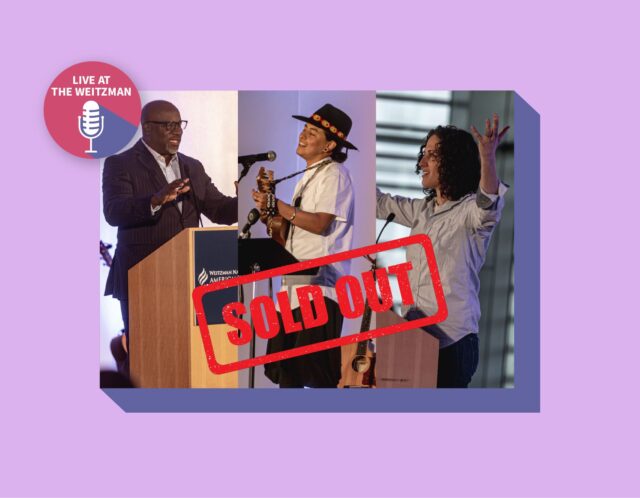
Freedom Seder Revisited
Sunday, Apr 14, 2024
Sunday, April 14, 2024
5:30pm Doors | 6:00 pm ET
Live at The Weitzman
IN-PERSON EVENT SOLD OUT
$36 | $25 Weitzman Members
A signature event of The Weitzman
Support Weitzman Museum Programs – Donate Today
As many Jews prepare for Passover, the most widely celebrated Jewish holiday, we invite people of all backgrounds to join us for this long-running and beloved annual Weitzman event. Experience an artfully curated lineup of speakers, storytellers, and musicians as they reflect on traditional Passover themes such as freedom, renewal, transmitting traditions, and welcoming the stranger.This year’s event features stories from members of Mural Arts Philadelphia’s Restorative Justice Program; reflections from Rabbi Arthur Waskow, organizer of the original 1969 Freedom Seder, founder and director of the Shalom Center; remarks and poetry from spoken-word artist Vanessa Hidary, aka “The Hebrew Mamita;” and music from the most exciting band in Philadelphia, Snacktime, who—fresh off of their first U.S. tour—will lead us in song together throughout the evening. Dinner will be served halfway through the show, when performances will stop for all to converse with their neighbors and enjoy the delicious kosher food provided by CookNSolo*. This annual event is inspired by the historic 1969 Freedom Seder, where hundreds of people of all backgrounds gathered to explore and celebrate freedom in the context of the civil rights movement. This communal event invites you to our table for an evening commemoration, stories, performances, and community exploration of freedom in America today.
This year’s event is produced by the Weitzman National Museum of American Jewish History in Partnership with First Person Arts and Mural Arts Philadelphia. * prepared with kosher supervision by Deluxe Catering**Nobody turned away for lack of funds, contact programs@theweitzman.org to learn more.
About Mural Arts Philadelphia’s Restorative Justice Program:
The Restorative Justice department facilitates projects at Mural Arts that amplify the creative voices of people who have been disconnected from society. From our Reimagining Reentry Fellowship and the nation’s first Artist-in-Residence program at the Philadelphia District Attorney’s office, now in its second year, artists are bringing light to issues to inspire change. Our latest End the Exception project joined a national campaign and engaged a network of incarcerated artists to share their experiences with prison labor, drawing attention to the persistence of legal slavery in our country. Learn more here: https://www.muralarts.org/program/restorative-justice/
About First Person Arts
First Person Arts includes storytellers practicing across multiple disciplines such as theatre, memoir, visual, arts, spoken word, and dance. In documentary art, the message is more important than the messenger. Learn More Here: https://firstpersonarts.org/
Our Storytellers Are:
Eduardo Ramirez, Assistant Artist with Mural Arts Philadelphia: Affectionately known as Eddie, Cool Ed, and many other monikers, Mr Ramirez has been producing art since his teenage years as a graffiti writer on the streets of Philadelphia. Back then he was called a vandal, today Jane Golden recognizes his potential as a muralist. Joining MAP in 2004, Eddie has contributed to over two dozen murals throughout the city; beginning with My Life, My Path, My Destiny—a mural that was designed in 2005 by brilliant Mexican artist Cesar Viveros—to the recent King Saladeen creation City of Brotherly Love (2024). His work has been shown in the Barnes Foundation and at Paradigm Gallery and Studio. In addition to his work as a visual artist, Eddie has also created written works that have appeared in the online blog, Minutes Before Six; Serving House Journal; and the Schuylkill Valley Journal. On November 30th, 2023, after twenty seven and a half years, the city of Philadelphia and the District Attorney’s Office recognized and acknowledged that Eddie had spent his entire adult life in prison for crimes he did not commit. He was returned to his family and friends, and to a community in MAP that has been committed to his deserved success. For the Weitzman Storytelling Event, Eddie was asked to share what freedom means to him.
Tajmir Ford, Mural Arts Rec Crew Member: From west Philadelphia, 24 years young, a devoted mentor and family man, Home & Building Maintenance entrepreneur.
John ‘Yahya’ Moore: Yahya Moore served 27 years in prison for a crime he did not commit and overturned his wrongful conviction in July 2023. He studied the law for 22 years and litigated his own case until, through his network of support, pro bono attorneys from the Abolitionist Law Center stepped in to assist his quest for freedom. While incarcerated, Yahya became a certified legal reference aid in the prison and helped many other wrongfully convicted people win their freedom. He also began his bachelor’s degree with Villanova University and became a facilitator for programs, such as Alternative to Violence (AVP), Just Listening, and Let’s Circle up, a restorative justice program that is run within the correctional institution. In addition, he became a certified Personal Trainer and trauma informed yoga instructor. Yahya believes that the affirmations that we extend to fellow human beings are the seeds to transformation and the roots of better communities. He is co-author of The Little Book of Listening and offers workshops, motivational talks, and storytelling from his work, The Diary of an innocent Lifer.
Our Guest Speakers Are:
Dr. Neil Bardhan, Director of Applied Storytelling of First Person Arts: Neil earned a Ph.D. in Brain and Cognitive Sciences at the University of Rochester and researched psycholinguistics in The Netherlands. He now works in science communication consulting, including as part of the improv science team. He is a company member at PHIT Comedy and with the improv group The N Crowd.
Jane Golden, Executive Director of Mural Arts Philadelphia: Jane Golden has been the driving force of Mural Arts Philadelphia since its inception, overseeing its growth from a small city agency into the nation’s largest public art program. Under her direction, Mural Arts has created over 4,000 works of transformative public art. In partnership with innovative collaborators, she has developed groundbreaking and rigorous programs that employ the power of art to transform practice and policies related to youth education, restorative justice, environmental justice and behavioral health. Golden currently serves as an adjunct professor at the University of Pennsylvania and as Critic-in-residence at the Maryland Institute College of Art.
Rabbi Arthur Waskow, Organizer of the Original 1969 Freedom Seder, and Founder and Director of the Shalom Center: Then, in 1969, on the one year anniversary of Dr. King’s murder, Waskow was inspired to write and help organize the first ever Freedom Seder, a seminal moment for progressive Judaism and the moment when Waskow would first understand his calling to weave together progressive politics with prophetic Judaism. You can read his full bio here.
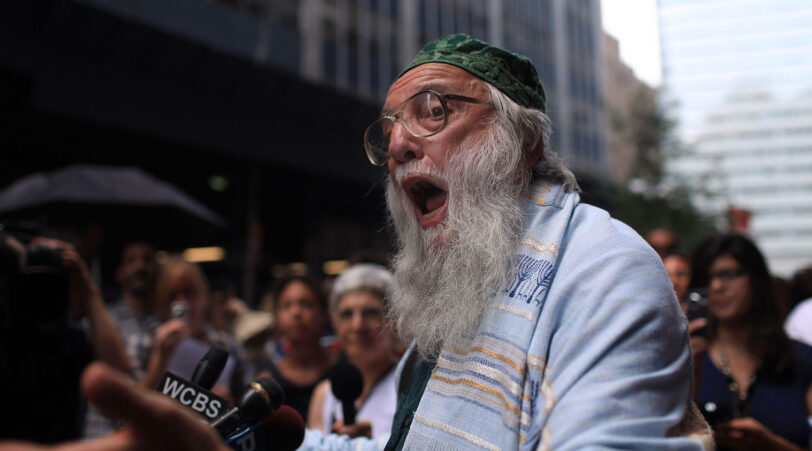 Rabbi Arthur Waskow speaks at a news conference to show support for a proposed mosque at 45 Park Place in New York City, Aug. 5, 2010. (Spencer Platt/Getty Images)
Rabbi Arthur Waskow speaks at a news conference to show support for a proposed mosque at 45 Park Place in New York City, Aug. 5, 2010. (Spencer Platt/Getty Images)
Interfaith Benediction By:
- Imam Quaiser Abdullah, Inaugural Director of Muslim Relations, City of Philadelphia
- Dr. Gity Etemad, Member Spiritual Assembly of Baha’is of Radnor Township
- Rabbi Abe Friedman, Senior Rabbi, Temple Beth Zion- Beth Israel (BZBI)
- Reverend Jay Gardner, Zones of Peace Coordinator
Performances By:
About Snacktime
SNACKTIME is Philadelphia’s already beloved seven-piece band, blazing a path cut from their soul, funk, punk, jazz, hip-hop, and R&B influences. Created during the height of the pandemic, the group began performing free shows that combined their love of music, food, and togetherness in Philadelphia’s Rittenhouse Square. They quickly amassed huge crowds and became a symbol of positivity and lockdown release, while showcasing the richness of their city’s musical history and community. This progressed to sold-out headlining shows, curation of neighborhood festivals, multiple appearances at Philadelphia 76ers halftime shows, and slots at major music festivals.Performing Avadim Hayinu (song lyrics here), TOGETHER (lyrics in the program guide), and a Dayenu medley.
About Vanessa Hidary
Internationally acclaimed Spoken Word Artist/ Author/ Director Vanessa Hidary, grew up on Manhattan’s culturally diverse Upper West Side. Her experiences as a Sephardic Jew with close friends from different ethnic and religious backgrounds inspired her to write “Culture Bandit,” the nationally toured solo show that chronicles Vanessa’s coming of age during the golden age of Hip-Hop.She has aired three times on “Russell Simmons Presents ‘Def Poetry Jam’ on HBO, and is featured in the award winning film “The Tribe,” which was selected for the Sundance Film Festival, The Tribeca Film Festival, and The Jewish Motifs International Film Festival in Warsaw, Poland. Vanessa was chosen as one of 50 speakers to appear at the “2010 IdeaCity- Canada’s Premiere Meeting of the Minds’”. She has appeared at numerous LIMMUD conferences including South Africa and the UK, andhas performed at the Lion Of Judah conference at the Jewish Federation’s General Assembly convention.Her popular poem, “The Hebrew Mamita,” went viral garnering over half a million YouTube hits, igniting widespread discussion among Jews and non Jews alike regarding the subject of identity. She is the founder of the Kaleidoscope Project, a narrative-arts driven initiative that was sparked by a desire to highlight the stories of Jews of diverse racial and ethnic backgrounds, observance levels, and interfaith experiences.
Transcript of Hebrew Mamita from Vanessa’s interview with the United States Holocaust Memoral Museum (full interview here): I meet a guy in a bar that’s cute. He asks me out to dinner for the following Tuesday. I decline. “Tuesday is Yom Kippur. I will be fasting.” “You’re Jewish? Wow, you don’t look Jewish. You don’t act Jewish.” And he says it in this tone that sounds like he’s complimenting me. And I say… and I say… nothing. I say nothing, which combined with a flirty smile translates to “thank you.” I say nothing, ‘cause I’m drunk on denial-coladas. I say nothing, ‘cause I got a contact high of someone’s antisemitic crack pipe. I say nothing, because somewhere along my life’s graph, I’ve been swayed to believe that being Jewish is not too cool, not too sexy. I say nothing, ‘cause I’m in deep sleep, a Snow White coma destined to meet my prince five years later in the form of stone in Jerusalem named the Wailing Wall. Lips pressed to cool granite, I place folds of paper with written prayers for the dead in a nook, in a nook in the wall next to a woman with concentration camp numbers tattooed on her forearm. Surrounded by fervent praying and bodies swaying, I am far more awake than I ever thought possible. I suddenly remember the Exodus of the Israelites and I walk barefoot from the Wall in the desert to the bar and look for the guy with the duck boots. He’s not there, but I have something to say to him. He’s not there, but I have a response to his statement. He’s not there, so I make a soapbox and reenact the scene. “Bartender, tell me I don’t look Jewish. Tell me I don’t act Jewish.” ‘Cause I’m thinking, I’m saying, what does Jewish look like to you? Should I fiddle on a freaking roof for you? Should I humor you with oy veys and refuse to pay? Oh, ‘cause you know how we like to “Jew you down.” “Jew you down,” I’d like to throw you down. ‘Cause I walked here long miles on hot sand to publicly repent my sins. ‘Cause I almost forgot, six million died without having the option of giggling on bar stools. Almost forgot that concentration camp survivors are now a dying generation that my children may never have the sensation of seeing in person. And if you must see me as that blood-sucking Jew, see me as that pesky mosquito that bites and sucks the prejudice right out of you. Don’t get it twisted ‘cause you might live in New York City where you can buy knishes at stands for $1.50. We only make up 2.2 percent of the American population. You see, many in other parts of the country are not feeling me. I’m not trying to compete in a contest of oppression. Just feel the need to mention the miserable tension I feel in my heart when people say things like, “The Blacks and the Jews, oh, they just don’t get along.” Just feel the need to say I can’t be the only exception to the rule, just the one right now using my poetry as a tool to maybe change just one heart tonight. ‘Cause I’m the Hebrew Mamita, long lost daughter of Abraham and Sarah, the sexy oy veying, Matzah eating, Chutzpah having, non-cheaping, non-conspirasizing, always questioning, hip-hop listening, Torah-scroll reading, all people loving, pride-filled Jewish girl. Bigging up all people who are a little miffed ‘cause someone tells you don’t look like or act like your people. Impossible. ‘Cause you are your people. You just tell them they don’t look, period.
Live at The Weitzman
101 South Independence Mall East (Corner of 5th & Market)
Philadelphia, PA 19106
The 2024 Freedom Seder Revisited is presented by the Weitzman National Museum of American Jewish History in production with First Person Arts and Mural Arts Philadelphia, and in partnership with AJC, Temple Beth Zion-Beth Israel, Eastern State Penitentiary, Gratz College, Jewish Learning Venture, Jews in ALL Hues, PHONK! Philly, Reconstructing Judaism, Congregation Rodeph Shalom, Theatre Ariel, Zones of Peace, Shalom Center, PJFM, and Tribe 12.

![]()
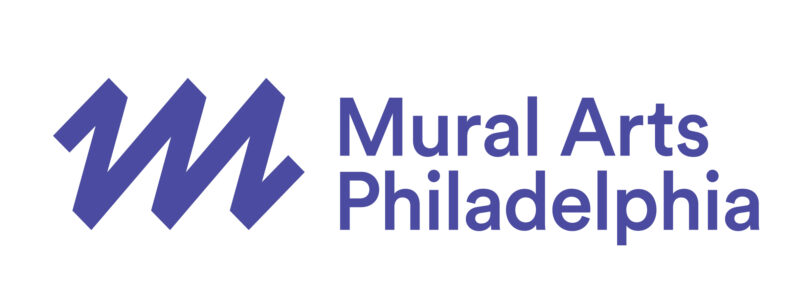
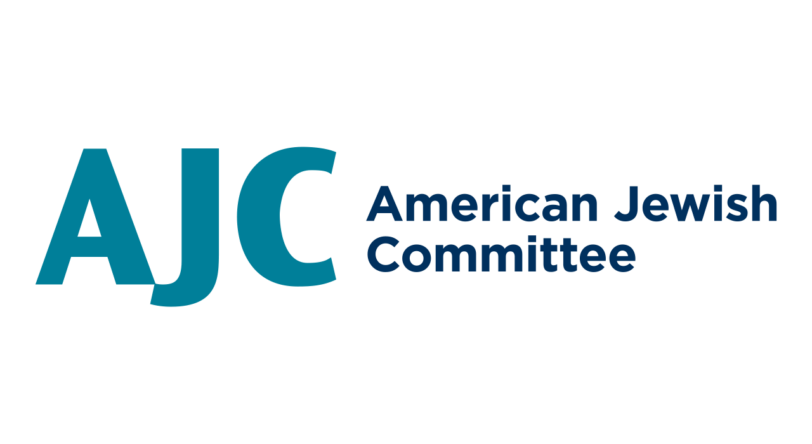




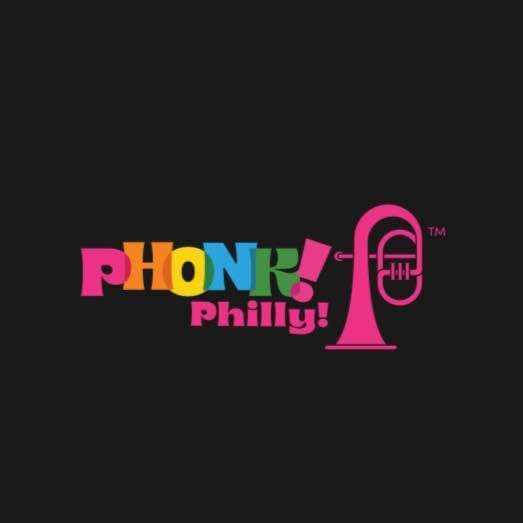

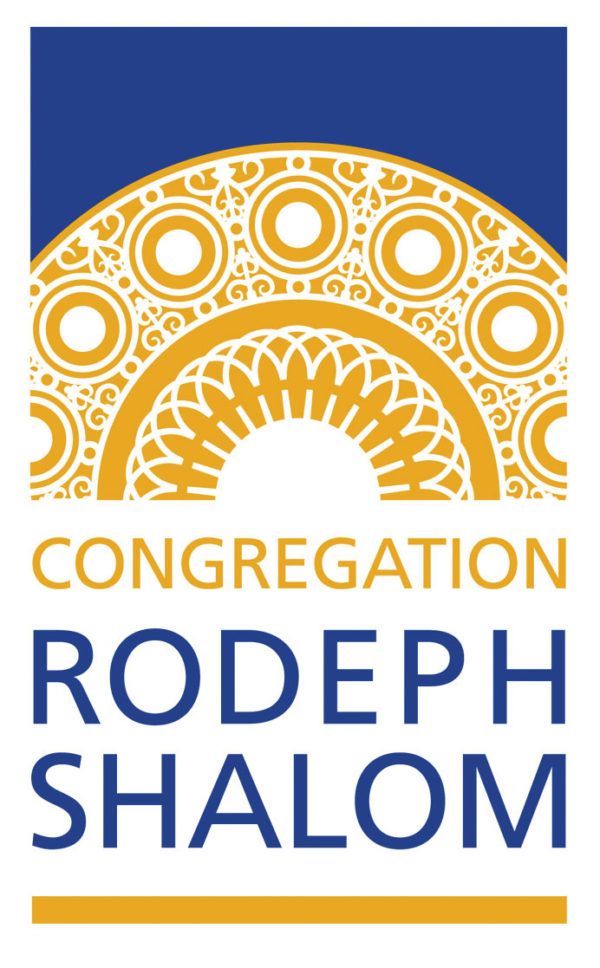


![]()
